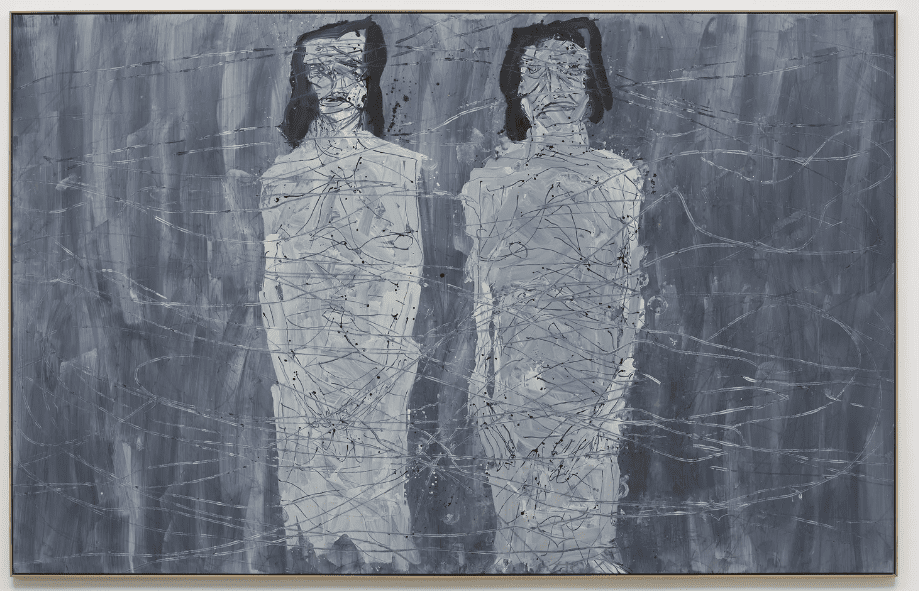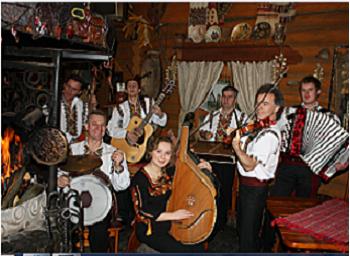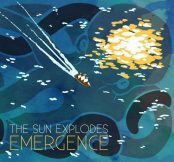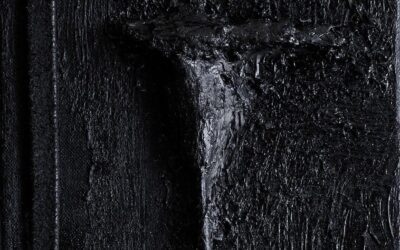Writing about live music on the Capbreton-Hossegor-Seignosse strip of South-Western France has the tendency to become a ‘What I did On My Holidays’ essay. An essay featuring more blonde-dreadlocked reggae bands than is strictly healthy.
In the capital of Europe’s surf industry, selling a pair of boardshorts for €110 demands a merciless onslaught of marketing. That means the creation of a mythic lifestyle as cushioning for the dull reality of dragging an eight-stone hired foamboard across a half-mile of scorching sand, only to flap and flounder in knee-high shoredump amongst a twenty-strong party of novices, clearly marked out by a flourescent singlet advertising your chosen surfschool. Far from the fantasy of a physical communion between man and ocean, that singlet screams your status as grudgingly-tolerated summer cashflow for those permanent residents who have the whole waveriding thing nailed.
The stuff of dreams, it is not, which is where the reggae comes in. Reggae, Volkswagen combi vans, hibiscus-print surfwear, driftwood campfires – the stock images of a subculture that is no longer sub, and never was a culture. Surfing is the act of riding waves, the rest is marketing.
But from just the right position on the southern corner of the Seignosse skatepark on Tuesday night, a curious (and masochistic) listener could hear the throbbing soundclash of three separate live reggae bands, each hoping to draw the ear and wallet of punters who had imbibed the full cooked breakfast of surf, sun, sea and sweet Jamaican vibes.
From that privileged point at the skatepark wall, Jah Rastafari is indeed irie, the path of the righteous man is beset at all sides by the forces of Babylon, and ‘it’ ought to be legalized.
Against that sonic backdrop, the prospect of Ukrainian folk music suddenly becomes alluring. Set in the local church, Consellation Des Carpates transcend the robotic reggae caberet outside with a well-weighted two-part set of charabashkas, marzurkas and slower, contemplative kozbari-style ballads.
There is always the danger that a touring troupe of folk musicians, charged with presenting a condensed overview of a folk tradition spanning two continents and twice as many centuries, will end up as paper-thin a pastiche as the cheesy reggae outside. Constellation des Carpates certainly had moments where the call-response enthusiasm of the audience pushed the performance into the atmosphere of a particularly rowdy wedding dance, but the function of many of the songs performed was precisely designed to do so, and can hardly be blamed for their success.
More interesting was the lyrical kozbari mode songs, featuring a single female vocal, curiously glottal, self-accompanied on the bandura. The instrument deserves a mention of its own. Looking something like a cross between a harp and a lute, it sounds like the offspring of a twelve-stringed guitar and a dobro.
Banned during the Soviet era, the bandura was seen as a symbol of Ukranian ethnicity during Stalin’s purges and a danger to a homogenous Soviet culture. Since the 1990s the instrument has made a comeback, as Ukranian traditions became re-established following the fall of the USSR, but nevertheless, we are proudly informed that of the few bandura players extant, fewer than thirty of them can play and sing simultaneously.
a danger to a homogenous Soviet culture
For a musical tradition which does not follow the traditional Western European major/minor system of harmony, it is surprising how familiar much of the ensemble’s repertoire sounds. True, the night’s programme acknowledges that there are Yiddish and Slavic pieces amongst those performed, and so we don’t always hear the slightly disconcerting manner in which the Ukrainian vocal harmonies are sung to augment the main vocal, but when we do, it is enchanting.
Put as plainly as possible, one lead vocalist sings a line, and when the six other voices of the ensemble join in, they pitch their voices two tones above the note being harmonised (although not always within the same octave). For ears used to a western choral tradition, or Motownian backing vocals, it is an eery, haunting effect.
Even so, despite the relative exoticism of the harmonic system, and the instruments played, there is much here that is familiar. Particularly the sound of the cymbalam. Star of myriad soundtracks to arthouse films set in the Eastern Mediterranean, beloved by John Barry, and used to stunning effect on Portishead’s Dummy, the part-percussive, part-melodic rills of the instrument are instantly evocative. Constellation des Carpates are a seven-piece band, playing a range of instruments including guitars, violin, double bass, button accordion, sundry percussion and the aforementioned bandura, but it is the cymbalam that gives their sound the truly unique flavour of the Orthodox east.
Unsurprisingly, the band create a full, cinematic soundscape, as often in vocal harmonies as instrumental. There are hints of polyphonic vocal arrangements, but not as often as this reviewer would like. As is often the case with ensemble vocals, when a single melody is sung in unison, the tendency is towards the rugby terrace chant, especially when at least four of the seven are singing in the tenor-baritone range. Maria, their one female vocalist, climbs above this sonic mass, bird-like, but it is only in the polyphonic arrangements and slower duets and solo songs that her clear mezzosoprano is appreciable.
The same can be said of the individual instruments, which whilst they are used to great effect in the expected, escalating tempo, wedding dance numbers which prompt the audience to whoops and follow-the-rhythm clapping, have their individual characteristics drowned out in the process (for reference, cast your mind back to the wedding scene in The Deerhunter, or to the in-game music of Tetris). The second half of the show is devoted to these comedic floor-fillers, with much battling of instruments in the gypsy style made most famous by Django Reinhardt and Stephane Grapelli in the 1930s.
The undoubted star of the show is the cimbalam, astoundingly evocative when played as the centrepiece of slow life/death ballads, but also played tonight with a comedic approach on the dance numbers, a role less-used by its Western borrowers on the soundtracks and pensive dubs where it is best known in our own musical tradition.
Consellation des Carpates have toured France every summer since 2008, supported by the Association Berry-Ukraine, with the intention of promoting the musical culture of the Eastern Ukraine. It’s a noble goal, and if it helps keep the tradition of cimbalam, and particularly the bandura alive, it certainly beats another night of cheesy reggae.
Google the band’s name for details of upcoming concerts, where CDs can be bought. The band do not appear to have a dedicated web-presence.

An observer first and foremost, Sean Keenan takes what he sees and forges words from the pictures. Media, critique, exuberant analysis and occasional remorse.




















